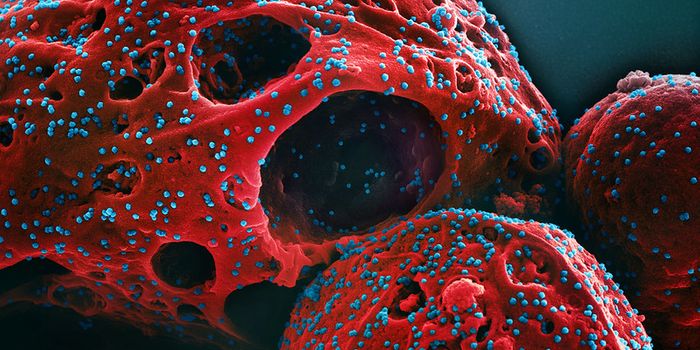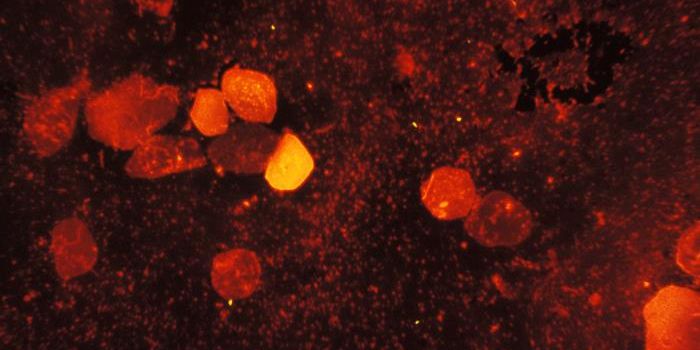Vitamin B3 Could Prevent Birth Defects, Miscarriages
An estimated 7.9 million babies are born every year with birth defects. In efforts to understand the causes of these defects, scientists from the Victor Chang Institute in Sydney identified two new genetic mutations. Furthermore, the team found the solution to preventing the birth defects may lay in a simple vitamin supplement.
Scientists from the Victor Chang Institute studied the genetic profiles of families with a history of multiple birth defects. In total, they analyzed data from four families, including mothers and their babies. The team looked for mutations common between the families that may explain birth defects, such as heart, kidney, vertebrae, and cleft palate defects.
The mutation survey yielded a common pathway: mutations in two genes that affect the production of NAD (nicotinamide adenine dinucleotide), a molecule that is essential for energy storage and DNA synthesis.
The team next tried to confirm the role of the mutations in a mouse model. In mice with the NAD-associated genes knocked out, the team was surprised to find that the resulting pups developed normally. This suggested an alternative mechanism or molecule that compensated for the lack of NAD. With further scrutiny, the team realized that standard mouse chow contained niacin, a molecule that cells can use in place of nicotinamide to make NAD. In subsequent experiments, knock-out mice on a modified diet showed increased loss of pups, as well as pups born with defects similar to those observed in the four families.
Because niacin and nicotinamide are components of vitamin B3, the researchers next tested whether the birth defects can be rescued with the supplement. Indeed, the severity of birth defects decreased with higher doses of niacin. That is, knockout mice on a niacin-rich diet had seemingly healthy litters.
The results suggest vitamin B3 supplements in humans could have the same rescue effects seen in mice.
"You can boost your levels of NAD and completely prevent the miscarriages and birth defects. It bypasses the genetic problem," said professor Sally Dunwoodie, a developmental biologist at the Victor Chang Cardiac Research Institute, and the study’s senior author. "It's rare that you find a cause and a prevention in the same study. And the prevention is so simple, it's a vitamin.”
In the past, another vitamin known as folic acid, or vitamin B9, was linked to the dramatic reduction of neural tube defects. With overwhelming evidence from clinical trials, folic acid has become part of the standard dietary recommendation for pregnant women. In particular, most prenatal vitamins contain the recommended 400 micrograms of folic acid that significantly helps to reduce defects in the brain and spinal cord.
To date, the effects of vitamin B3 in reducing birth defects has not been tested in humans. Researchers are quick to note that until there are confirmatory clinical trial data, the effects of vitamin B3 cannot be assumed to be the same in humans. That means pregnant women shouldn’t change their dietary regimen based on this study alone. Notably, too much niacin can cause unwanted side effects, including dizziness, nausea, and diarrhea.









